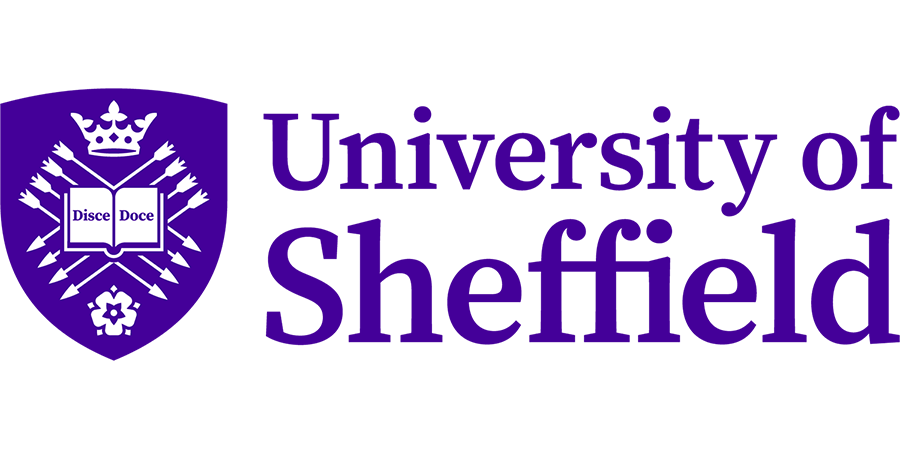PhD Position in Deep Learning Methods for Modelling of Speech
University of Sheffield - School of Computer Science
| Qualification Type: | PhD |
|---|---|
| Location: | Sheffield |
| Funding for: | UK Students, EU Students, International Students |
| Funding amount: | £19,237 |
| Hours: | Full Time |
| Placed On: | 26th March 2025 |
|---|---|
| Closes: | 30th April 2025 |
The LivePerson Centre for Speech and Language offers a 3 year fully funded PhD studentship to explore novel and innovative learning methods for construction of speech processing models.
Domain mismatch remains a key issue for speech and language technologies. Especially for speech technology the variability of input data is large and recordings can occur in highly complex acoustic and linguistic settings. The standard approach is to build models with large amounts of diverse data. If the data to be processed falls outside the models abilities, domain adaptation is used to adjust the models. While raw acoustic data itself may be available in large quantities, labels identifying the content or the situation are often not available.
In this project other strategies should be explored: Learning by description - Adjusting models that work on domains with specific data properties could be obtained by adjusting models without specific examples, but a description of the acoustic and linguistic situation, thereby implementing a zero shot learning approach; Learning to learn - Model training often is based on the assumption that all data is equal and equally useful in the learning process. Methods such as curriculum learning aim to reorganise the processes in ways that take into account specific model deficiencies and data properties. While tested more widely they are rarely applied to speech processing tasks.
Work on this project will require research into novel methods that extract information from text that can be combined with the acoustic training data to inform flexible neural network structures and their training processes. A range of different strategies can be explored, including new ways to augment data and formulation of audio descriptions. Experiments should be conducted on a range of tasks of different complexity in the context of different data types.
The student will join a world-leading team of researchers in speech and language technology. The LivePerson Centre for Speech and Language Technology, established in 2017, aims to conduct research into novel methods for speech recognition and general speech processing, including end-to-end modelling, direct waveform modelling and new approaches to modelling of acoustics and language. The centre is connected with the Speech and Hearing (SpandH) which brings collaboration, and access to a wide range of academic research and opportunities for collaboration inside and outside of the University. It has access to extensive dedicated computing resources (GPU, large storage). The successful applicant will work under the supervision of Prof. Hain.
Please click ‘Apply’ and complete the ‘Postgraduate Online Application Form’ naming Prof. Thomas Hain as your proposed supervisor and including the title of the studentship you wish to apply for.
Candidate Requirements
Minimum 2.1 honours undergraduate degree (or international equivalent) in computer science, or a related discipline such as physics, mathematics, or engineering.
If English is not your first language, you must have an IELTS score of 6.5 overall, with no less than 6.0 in each component.
Funding Notes
The PhD studentship will cover UK or overseas tuition fees and provide a tax-free stipend at the standard UK Research Council rate (currently £19,237 for the 2024/25 academic year) for 3 years.
Advert information
Type / Role:
Subject Area(s):
Location(s):









